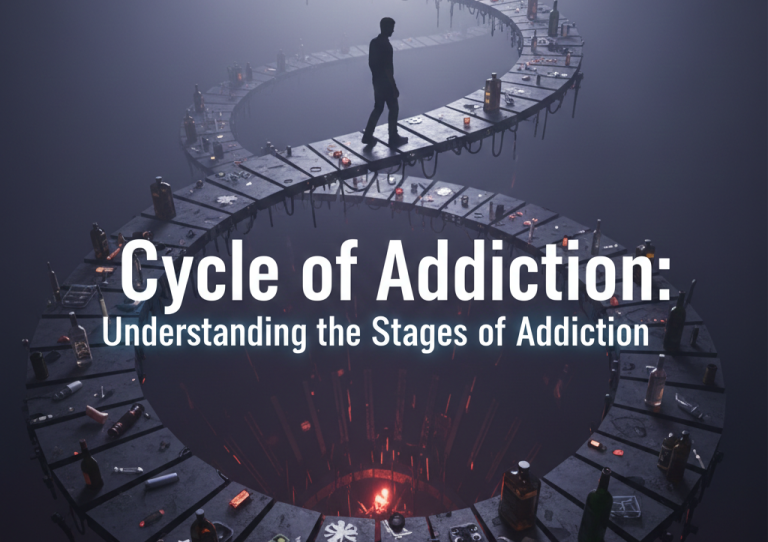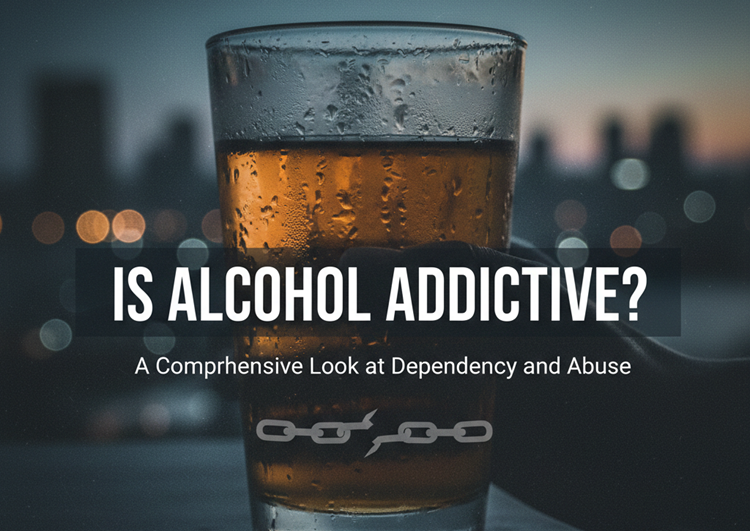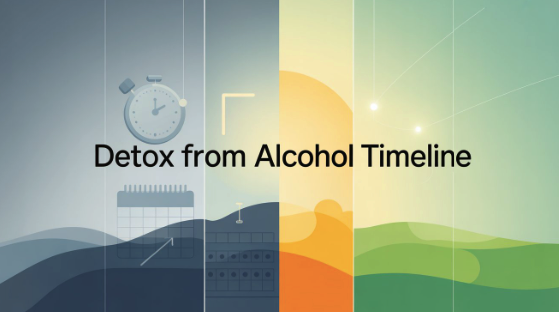The treatment of mental health is not universal. Scouring the Internet in search of help, you have probably encountered various types of therapy presented there, including aging psychotherapy, cognitive-behavioral therapy (often abbreviated as CBT), occupational therapy, and so forth. So, what is it that makes these other forms of therapy so different than psychotherapy?
Knowing the differences can enable you to make the correct decisions that can lead to healing. Throughout this blog, we are going to demystify psychotherapy and how it compares to other therapy options, as well as how you may consider which form of therapy would best suit your needs.
What is Psychotherapy?
Talk therapy or psychotherapy, can be defined as one of the ways of treating mental health issues with the help of a licensed therapist by discussing challenges during the conversations. It is aimed at addressing emotional challenges, assessing thinking and behavioural patterns, and providing healthier coping skills.
Psychotherapy is an umbrella term that encompasses numerous methods, e.g.:
- Cognitive Behavioral Therapy (CBT)
- Dialectical Behavior Therapy (DBT)
- Psychodynamic Therapy
- Interpersonal Therapy (IPT)
- Humanistic Therapy
Among the problems that can be treated with the help of these modalities, one can distinguish anxiety, depression, PTSD, and substance abuse, to name a few.
What Are “Other Types of Therapy”?
Other forms of therapy might not have emotional or psychological processing using talks as the main objective, unlike psychotherapy. Rather, they could be physical, behavioral or the course of the holistic technique that promotes mental health in one way or another.
- Occupational Therapy (OT)
OT deals with helping people to carry out daily activities. It is widely applied in rehabilitation to assist individuals in regaining the forfeited ability as a result of an injury, disease or impairment.
- Music and Art Therapy
These expressive therapies involve self-expression to relieve through emotional outpouring. Although they can be integrated in psychotherapy, they can also stand alone under the tutelage of specially qualified therapists.
- Physical Therapy
Whereas the main emphasis of physical therapy is that of physical rehabilitation, it can also be significant in supporting mental health, enhancing physical condition, minimizing ongoing pain, and promoting mood change through movement.
- Alternative Therapies
This is the group of interventions, which involve yoga therapy, equine therapy, and acupuncture with meditation-based interventions, because they make people more mind and body-aware and help them better manage their emotions
Key Differences Between Psychotherapy and Other Therapies
| Feature | Psychotherapy | Other Types of Therapy |
| Main Focus | Emotional & psychological healing | Physical, creative, or behavioral |
| Professionals Involved | Licensed mental health professionals | May include physical therapists, art/music therapists, or alternative healers |
| Goal | Address mental health symptoms and root causes | Improve function, wellness, or expression |
| Techniques Used | Talk-based interventions | Activity-based or physical techniques |
| Conditions Treated | Depression, anxiety, trauma, and addiction | Injuries, developmental disorders, stress |
While psychotherapy directly targets emotional and cognitive struggles, other therapies often complement that work by supporting overall well-being and recovery.
Can They Work Together?
Absolutely! Some therapy programs combine psychotherapy with other therapies to provide holistic care options. To use an example, a patient who has CBT to treat depression may also need yoga treatment to mitigate stress or occupational therapy to restore normality in his or her daily life following a mental episode.
The virtue of this holistic approach is highly applicable in the treatment of dual diagnosis, which involves both mental health disorders and substance use or abuse disorders.
How to Choose the Right Therapy for You
The identification of a suitable form of therapy relates to:
- Your diagnosis or complaint
- The objectives of your treatment
- What are you comfortable with
- Professional recommendations
An experienced mental health professional will be able to lead you through an evaluation and assist you in customizing a treatment plan that can encompass just psychotherapy or even be supplemented with another form of treatment.

Start Your Healing Journey with Orlando Treatment Solutions
Orlando Treatment Solutions can assist you or your loved one if you need evidence-based, compassionate treatment for mental health or addiction. Our programs bring together psychotherapy and holistic as well as supportive therapies to offer care that is very comprehensive, taking care of the entire individual.
Contact us at (321) 415-3213 today or connect with us online and talk to one of our compassionate professionals. You have a right to live a life of clarity, strength, and support in the future.



























